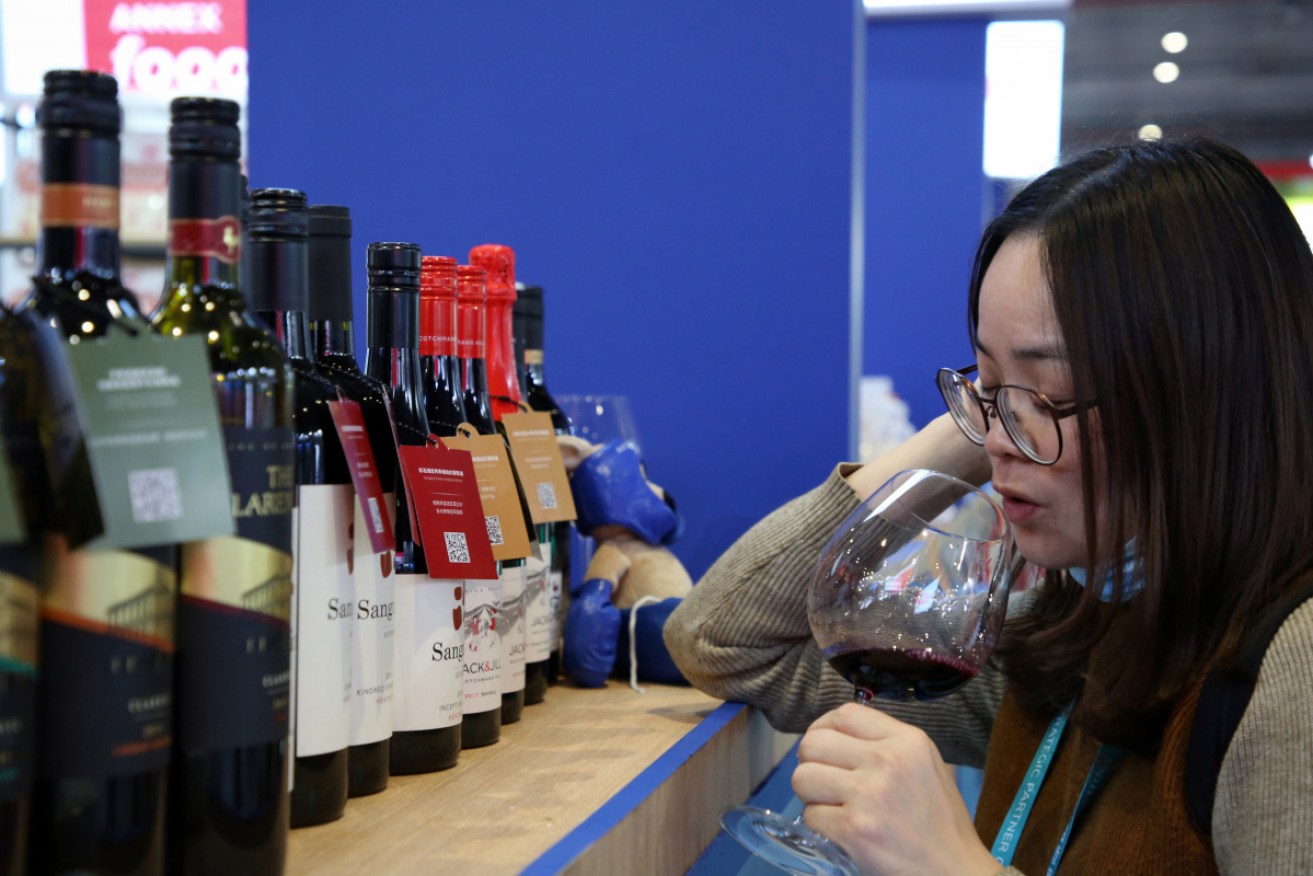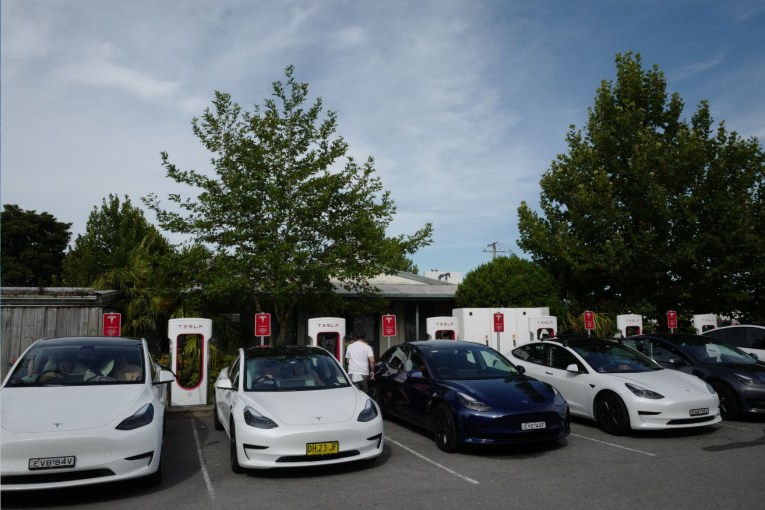‘The whole of Australia is impacted’: From wine to wheat, mooted China bans already starting to bite


A ban on popular Australian products from entering China will have a devastating ripple effect. Photo: Getty
The Chinese government has yet to confirm a rumoured ban on red wine imports – among several other Australian products – but local exporters are already being told to suspend their shipments.
Small family businesses in Australia that export more wine to China than any other country stand to lose the most, said Tony Battaglene, who heads the industry body Australian Grape and Wine.
And wine isn’t the only product on the firing line.
The Chinese government’s media mouthpiece The Global Times ran a story about a ban on imports of Australian barley, sugar, coal, lobster and copper, which was to take effect on Friday, “even if the goods have been paid for and have arrived at ports”.
There has been no formal announcement but the uncertainty the mooted ban created was enough for some Chinese importers to temporarily halt orders of Australian-made wine.
“A number of importers in China have requested exporters to suspend their shipments for the time being while this uncertainty exists,” Mr Battaglene said.
“We certainly know that there are some shipments that aren’t going to China that would normally be going at this time.”
A ban would mean around 1400 small family businesses in Australia that rely exclusively on selling wine to China would find it “very difficult” to secure sales from other countries, Mr Battaglene said.

From wine to wheat, coal, lobsters, and more, China is cracking down on Australian imports.
Often, Chinese-Australian wine growers with small family businesses “don’t have the capacity to move to other markets” as they tend to have “close cultural ties to China” and there is usually a “very close link” between the exporter and importer, he said.
Even big businesses would struggle to find other countries that would accept their wine due to large-scale closures of restaurants and bars around the world because of the coronavirus pandemic, Mr Battaglene added.
Nearly 80 per cent of wine that is locally produced comes from South Australia and more than one-third of total wine production in Australia has gone to China in the year ending September 30.
Most of it is red wine, Mr Battaglene said.
Grain Producers Australia chair Andrew Weidemann said an Australian government office in Beijing had briefed the industry body about the “substantial rumour” that has Chinese importers concerned over the potential for trade between the two countries to grind to a halt.

Mr Weidemann said grain farmers like himself would be among the hardest-hit.
A grain farmer in western Victoria’s Wimmera, Mr Weidemann said grain importers in China are reassessing “what risk appetite they have for continuing to trade” with Australia.
Western Australia and South Australia are the largest exporters of barley in Australia.
A ban would reduce demand and force exporters to lower their prices, Mr Weidemann said.
Exporters have been able to sell to Saudi Arabia, Japan, South Korea, Indonesia and India but these countries have a “much smaller appetite” for malted barley compared to China, he said.
The Global Times cited sources as saying the ban would extend to wheat, with a date for when it will supposedly come into force yet to be set.
Western Australia and South Australia would be the hardest hit, followed by Victoria and New South Wales, which Mr Weidemann said are currently growing their largest grain crops in many years.
Farmers, the origin of all these grain commodities, stand to lose an extraordinary amount of money,” he said.
“The whole of Australia is impacted no doubt by the amount of money that’s not going to be circulating around in the economy.”
Home Affairs Minister Peter Dutton said the issue was “not easy” to resolve and that the Morrison government “will work with China” to ensure markets stay open to Australian exporters.
“In the end, it’s not a decision of the Australian government,” he told Nine’s Today show.







